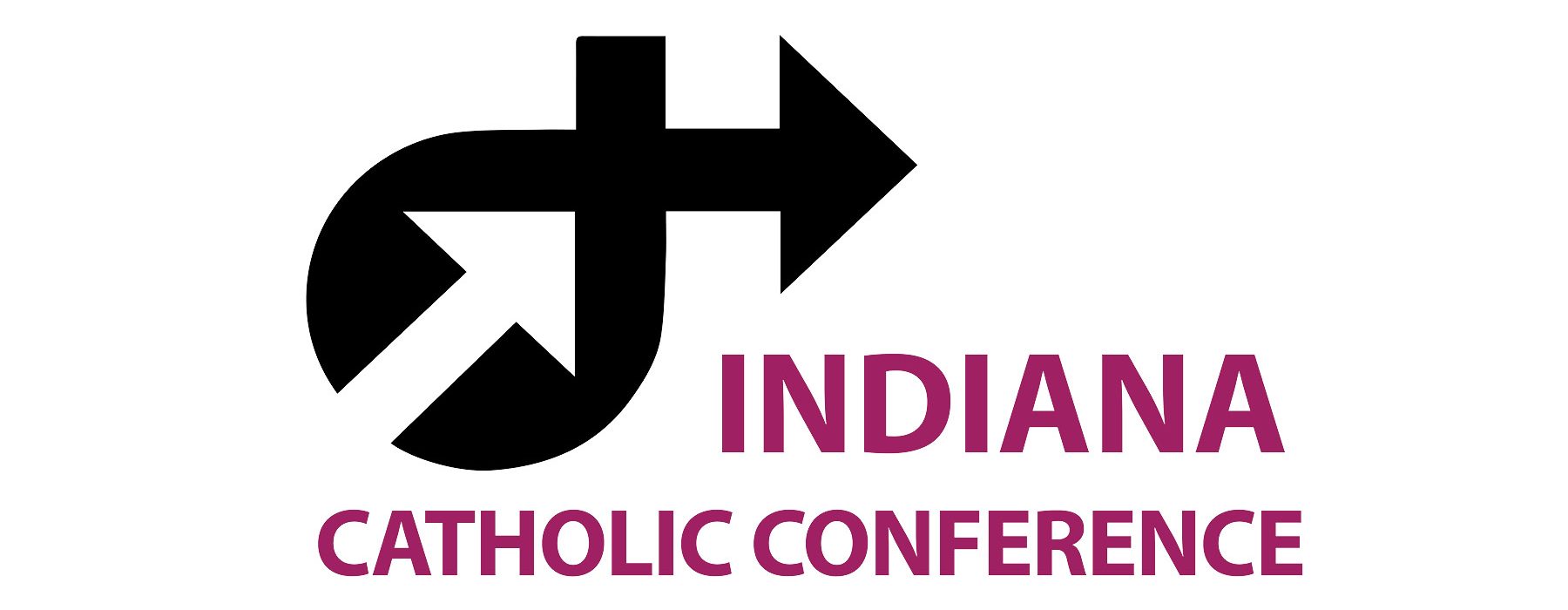April 26, 2019 // Diocese
Predatory lending opponents see payoff in final days of session
The Catholic Church was among the strongest voices in a chorus of opposition to a bill that would have dramatically expanded predatory lending in Indiana.
Senate Bill 613, which proposed new loan products that fell under the category of criminal loansharking under current state law, died before its scheduled third reading in the Indiana House of Representatives on April 15. The bill’s sponsor in the House, Rep. Matt Lehman (R-Berne), declined to call it for a vote, sensing he would not have enough support for its passage following intense pressure from advocates for the working poor, including the Indiana Catholic Conference.
“This is a major victory for the most vulnerable people in our state and those who speak for them,” said Glenn Tebbe, executive director of the ICC, the public policy voice of the Catholic Church in Indiana. “There was so much wrong with this bill, which would have targeted low-income working families and taken advantage of their circumstances, burdening them with a cycle of ever-increasing debt.”
Senate Bill 613 would have greatly expanded the scope of the payday loan industry, which extends short-term credit to borrowers at high interest rates and fees. Payday loans, sometimes called cash advances, are so named because the loan’s principal is typically a portion of the borrower’s next paycheck.
Under its original provisions, Senate Bill 613 would have allowed payday lenders to offer consumers installment loans up to $1,500 with interest and fees up to 190 percent, as well as a new product with 99 percent interest for loans up to $4,000. After the bill passed the Senate in February under the slimmest of margins, amendments in the House adjusted those rates: 167 percent instead of 190 percent interest on the installment loans, and 72 percent rather than 99 percent interest on the new loan product.
“Despite these changes, the basic character of the bill remained,” Tebbe said. “We understand that families may need credit, but the interest and fees allowed by Senate Bill 613 were exploitative and would have resulted in further harm or debt for borrowers. Those who supported the bill claimed that there were no other alternatives for these families, but regardless of their intention to help, the ends do not justify the means. Furthermore, the Catholic Church, other religious institutions and countless social services agencies always stand ready to help people in need.”
Sen. Andy Zay (R-Huntington), the bill’s author, had argued that the proposed loan products offered better options for consumers with low credit scores than unregulated loan sources — such as internet lenders — with even higher fees. But ultimately, the only supporters of the bill were leaders of the payday lending industry and their lobbyists.
In sharp contrast, a broad coalition of opponents — from churches to veterans’ groups to public policy experts — ultimately prevailed in convincing lawmakers that Senate Bill 613 was not in the best interest of Hoosiers.
“It was such a fight, and it really took every single voice,” said Erin Macey, senior policy analyst for the Indiana Institute for Working Families. “This was a nail-biter until the very last minute. Some of us burst into tears when it was over.
“Fundamentally, Senate Bill 613 was about how we treat one another,” Macey continued. “This bill would have allowed payday and other subprime lenders to extract even more profits from some of our most financially vulnerable families. We can — and must — do better than offering triple-digit APR loans to those who struggle to make ends meet.”
For Tebbe, Macey and other opponents of predatory lending practices, the outcome of Senate Bill 613 was especially gratifying after another bill aimed at placing limits on the payday loan industry stalled earlier in the legislative session.
In a close vote in February, lawmakers defeated Senate Bill 104, authored by Sen. Greg Walker (R-Columbus), which would have capped the interest rate and fees that a payday lender may charge to 36 percent APR, in line with 15 other states and the District of Columbia. Currently, payday lending institutions in Indiana can charge consumers an annual percentage rate of up to 391 percent on the short-term loans that they offer. The ICC and other members of the coalition that stood in opposition to Senate Bill 613 had supported Senate Bill 104.
Had Senate Bill 104 become law, policy experts say it likely would have driven the payday lending industry out of the state.
Beyond the working poor, older Americans also frequently fall prey to predatory lenders, according to Ambre Marr, state legislative director for AARP Indiana.
“High-interest loans hurt the financial future of Hoosiers and can prevent them from acquiring the financial security they need for retirement and to live independently,” Marr said. “Unfortunately, households of all income levels have insufficient savings not only for retirement, but for any emergency that might arise. This is especially serious for older Hoosiers, as they have fewer working years to rebuild their savings after a financial shock. And when they reach retirement, older Americans are more likely to be on a fixed income, so taking out one of these high-interest loans could trigger a continuing crisis.”
AARP Indiana was a key component of the coalition that fought against Senate Bill 613. Marr applauds the efforts of everyone involved in opposing the bill.
“This was an amazing endeavor,” Marr said. “The relentless efforts by coalition members to inform lawmakers of the potential impact of this legislation — through facts, examples, and constituent experiences — made all the difference.”
Lawmakers are expected to continue studying issues surrounding the payday loan industry ahead of the 2020 legislative session.
To follow priority legislation of the ICC,
visit www.indianacc.org. This website includes access to I-CAN, the Indiana Catholic Action Network, which offers the Church’s position on key issues. Those who sign up for I-CAN receive alerts on legislation moving forward and ways to contact their elected representatives.
The best news. Delivered to your inbox.
Subscribe to our mailing list today.






